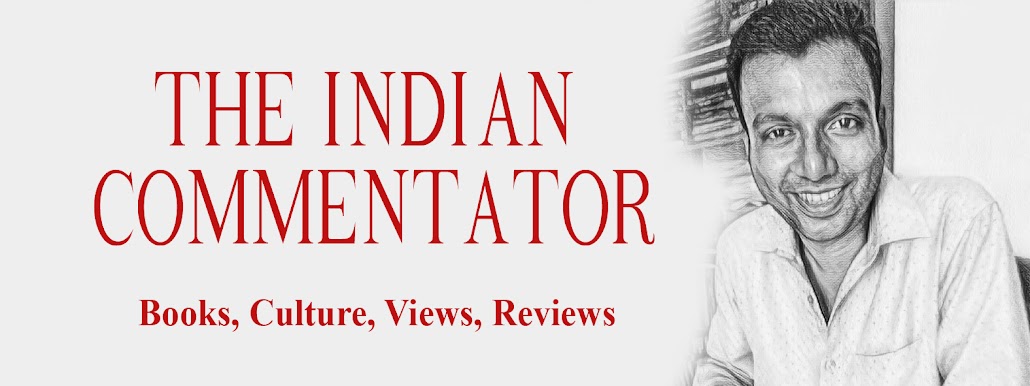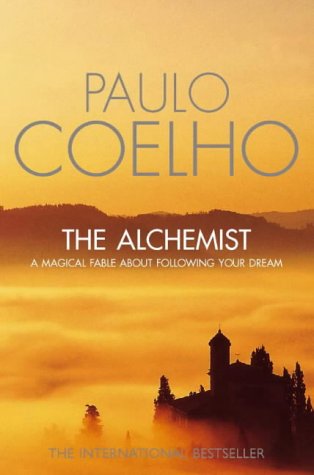Between the Most Memorable Events and the Unforgettable Moments, which needs an assistance to survive the flow of time? I think Both. The Unforgettable Moments do not require any conscious effort to be remembered, and can survive in one of the most complicated lobs inside the brain. In fact, the way they hide themselves from the wear and tear of the earth-life, and their sudden leap into our complacent moments when we expect them the least, is what makes them special.
 The Most Memorable Events, although carry the superlative adjective with them, are obliged to some conscious efforts for their existence in the epic space of the past. We need to copy them—capturing them in motion pictures, as if putting a wild tiger in a cage. The motion pictures or videos are effective in capturing the special moments. But what about those faces intruding eternally into our Most Memorable Events; those people especially in a college video or in a video taken in some public gathering, who we least want in our memory? They would growl at us and would jeer at our present like a monkey, and call names in loud voices, and show signs celebrating their successful presence, tricking us. They conquer our present, paralyzing us in our bed, couch or chair! They are better captured as photographs since they won't move and shout. But with their smile, their signs, they would exist eternally like a dead snake in the paraffin jar in a zoology lab. They too paralyze us.
The Most Memorable Events, although carry the superlative adjective with them, are obliged to some conscious efforts for their existence in the epic space of the past. We need to copy them—capturing them in motion pictures, as if putting a wild tiger in a cage. The motion pictures or videos are effective in capturing the special moments. But what about those faces intruding eternally into our Most Memorable Events; those people especially in a college video or in a video taken in some public gathering, who we least want in our memory? They would growl at us and would jeer at our present like a monkey, and call names in loud voices, and show signs celebrating their successful presence, tricking us. They conquer our present, paralyzing us in our bed, couch or chair! They are better captured as photographs since they won't move and shout. But with their smile, their signs, they would exist eternally like a dead snake in the paraffin jar in a zoology lab. They too paralyze us. The best way to preserve the Most Memorable Events is to write them down. Diary writing, though an antique custom today, would act the better part in remembering those Most Memorable Events. Though, when the words were written down they seem to capture each bit and pulse of those events experienced, the reality and the emotions, the words in a diary cannot re-present those events as they were lived. This is the grace with diaries, they won't show us what we do not want to see, for we are weak to control it. We fail to read what we thought we had registered back in time. We feel shameful for our language, and feel weak. But, our weakness saves us. We can skip whatever occurred undesirable or what we never again want to remember, during a Most Memorable Event. And when we read those words back, in your future, the words will bring back the emotions we experienced at that precise moment of writing and not the whole of the chaos around the Most Memorable Event.







